The Coenverse is filled with memorable front-liners - men and women batting the cruel vagaries of fate, ill-fortune and the occasional dybbuk in the the trenches of life. But let's not forget their support: the characters that populate Joel and Ethan's wonderfully offbeam worlds. Odd names, weird behaviour, brilliant actors, totally unforgettable: the pick of the Coen Brothers' supporting characters.
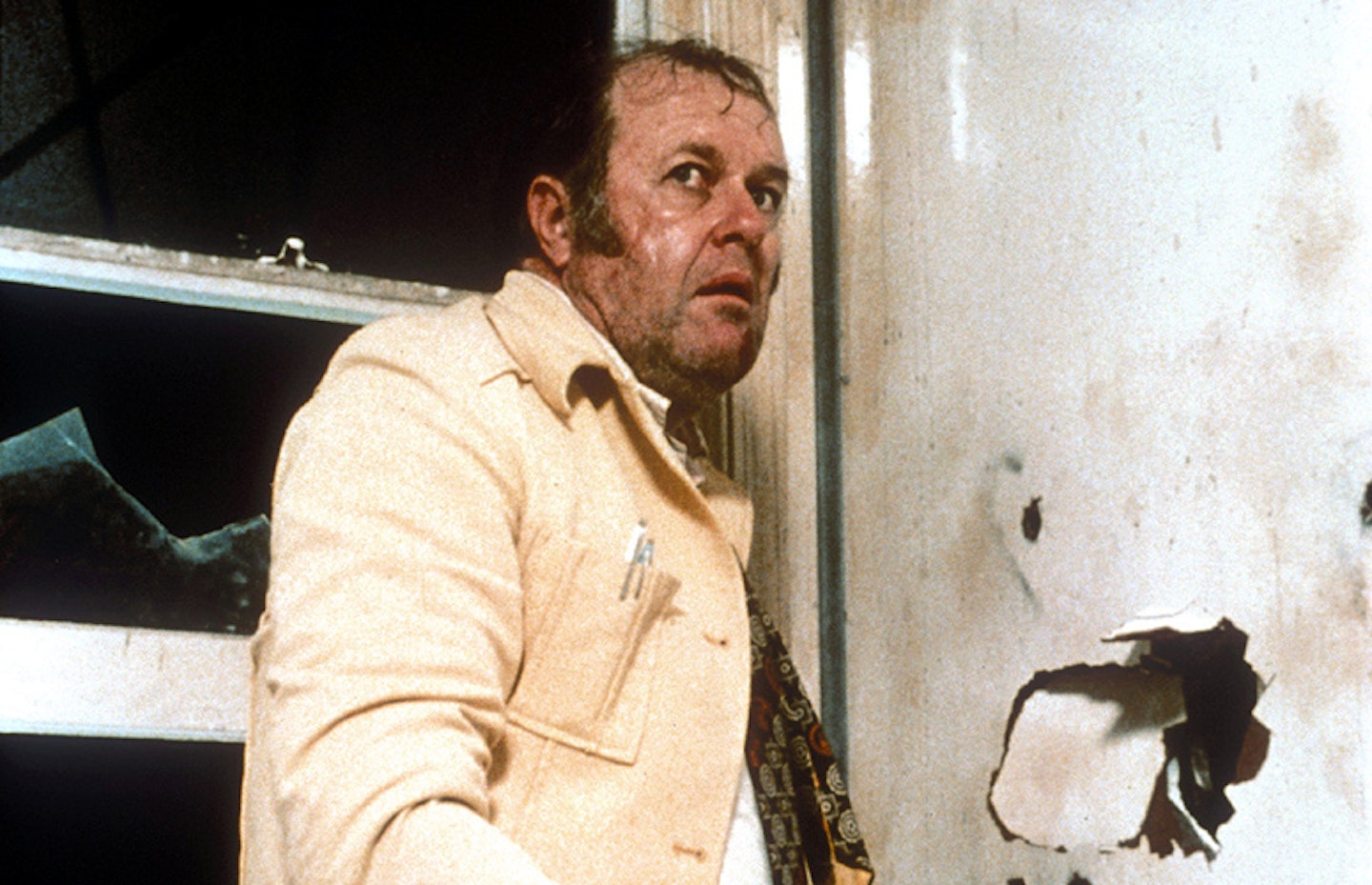
Film: Blood Simple (1984)
Played by: M. Emmett Walsh
The Rumpus: Arguably the first of their 'satanic' figures, this slimeball gumshoe (a sublime perversion of the brother's beloved Chandler-antiheroes) is a grotesque figure both in sweaty person and sneaky motive - in typical Coen fashion he tries to play all ends against the middle, to come a cropper.
Coenism: As narrator, with a sensibility black as the inside of a goat, he is the font of the film's bleak wisdom: "The fact is, nothin' comes with a guarantee. Now I don't care if you're the pope of Rome, President of the United States or Man of the Year; somethin' can all go wrong."
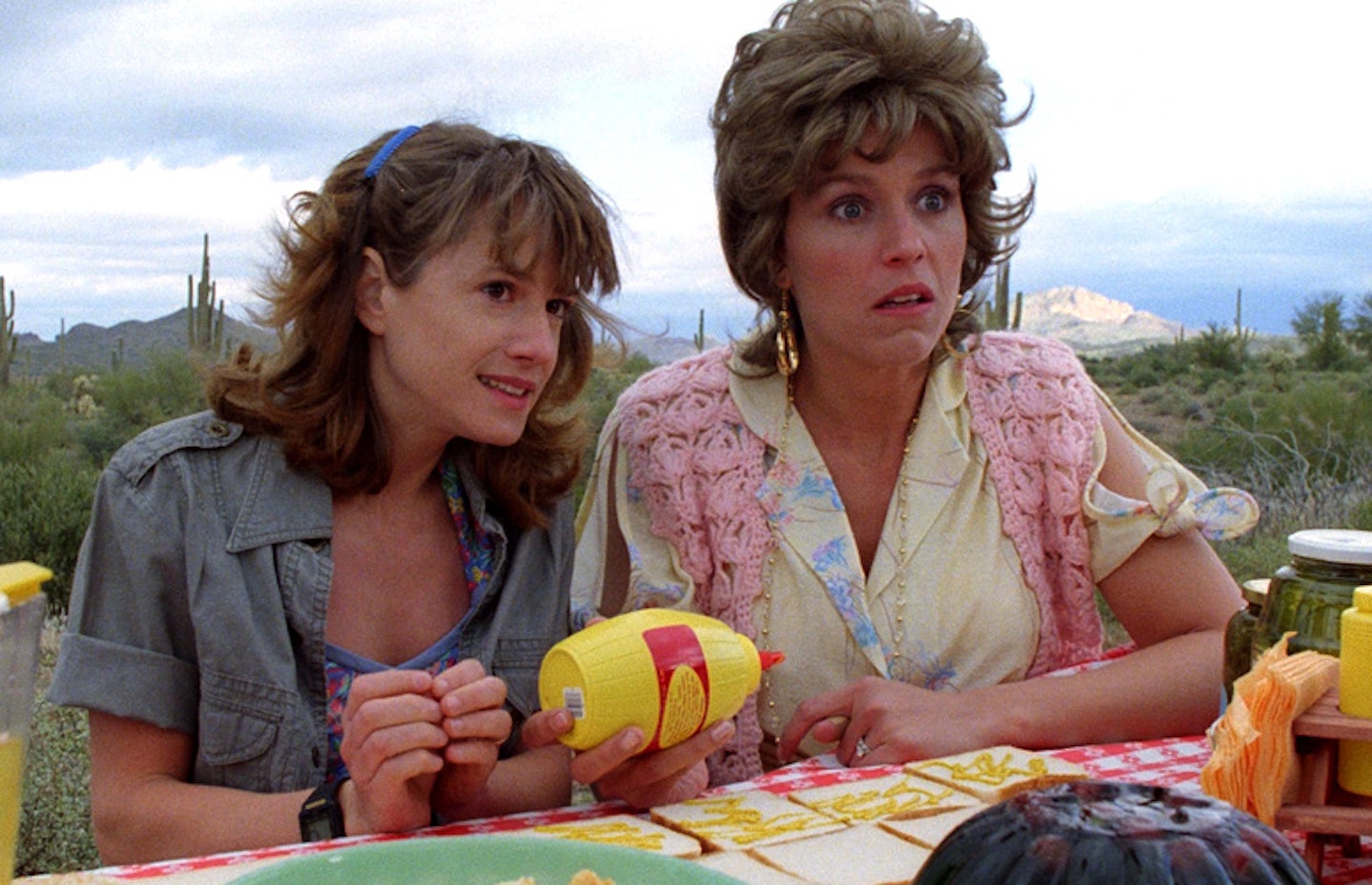
Film: Raising Arizona (1987)
Played by: Frances McDormand
The Rumpus: Dopey H.I. (Nicolas Cage)'s appropriately monikered sister, is the first of 'Coen sister' McDormand's lovely cameos as opposed to main roles (see also Miller's Crossing). She's magnificent here, full of wacko-motherliness, an exuberant silly-billy deftly fending off the straying hands of her sleazeball husband Glen (Sam McMurray).
Coenism: Not just the day-glo look of her, rainbow splashed white-trash, but her hyperactive frankness: "What would Ed and little angel do if a truck came along and splattered your brains all over the interstate?" she bemoans of her life-insurance-light brother.
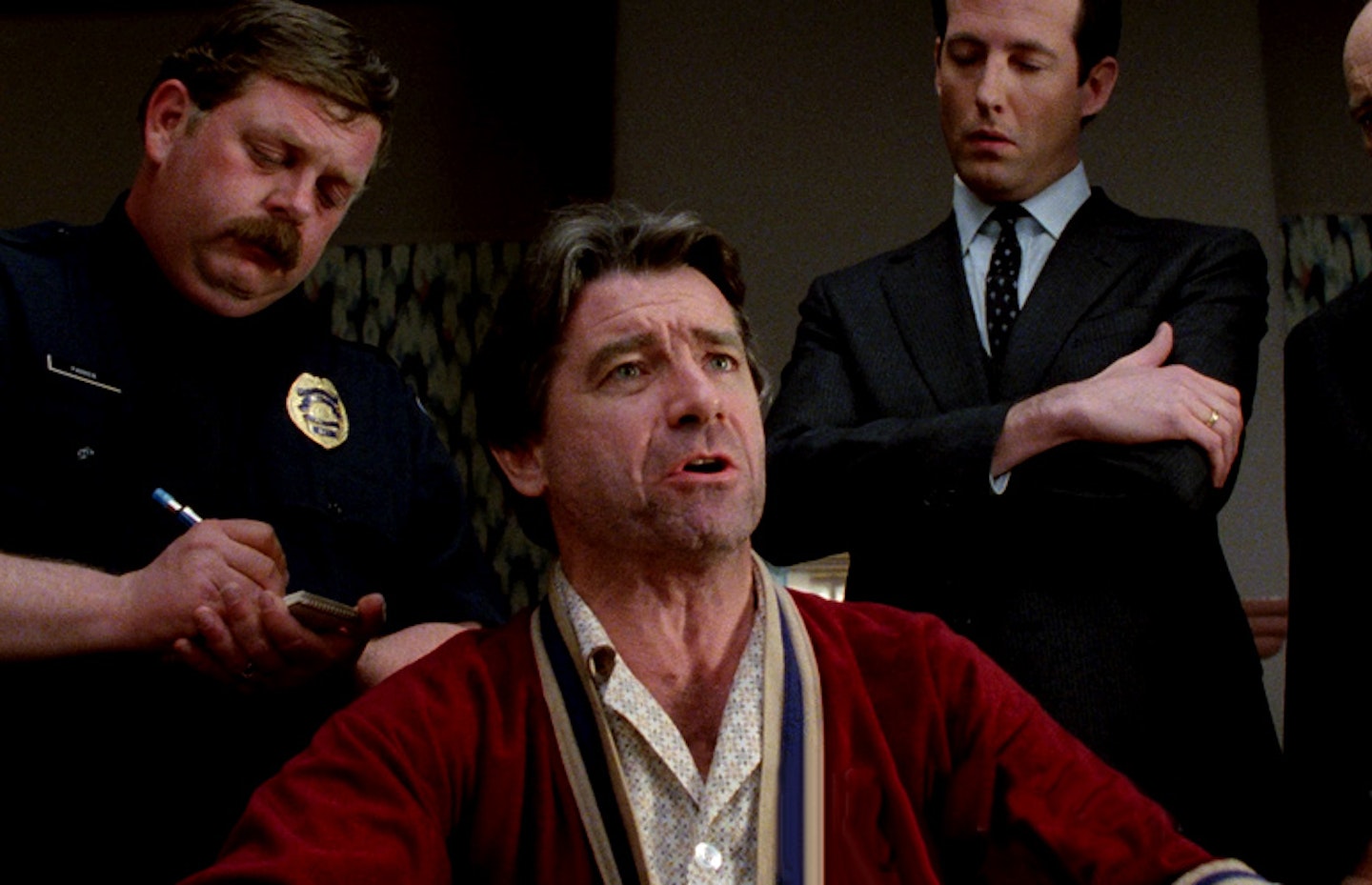
Film: Raising Arizona (1987)
Played by: Trey Wilson
The Rumpus: This wily, straight-talking, unpainted-furniture store magnate and father of quintuplets, was inspired by a real bill-hording that once bemused Ethan for "Unpainted Arizona." Wilson gives him a manic vigour, creating a tyrannical authoritarian that crops up throughout the Coen canon - from Harve Presnell in Fargo to the stentorian proclamations of David Huddleston's Big Lebowski.
Coenism: Just catch his break-neck business ethics: "Eight hundred leaf-tables and no chairs? You can't sell leaf-tables and no chairs. Chairs, you got a dinette set. No chairs, you got dick!"
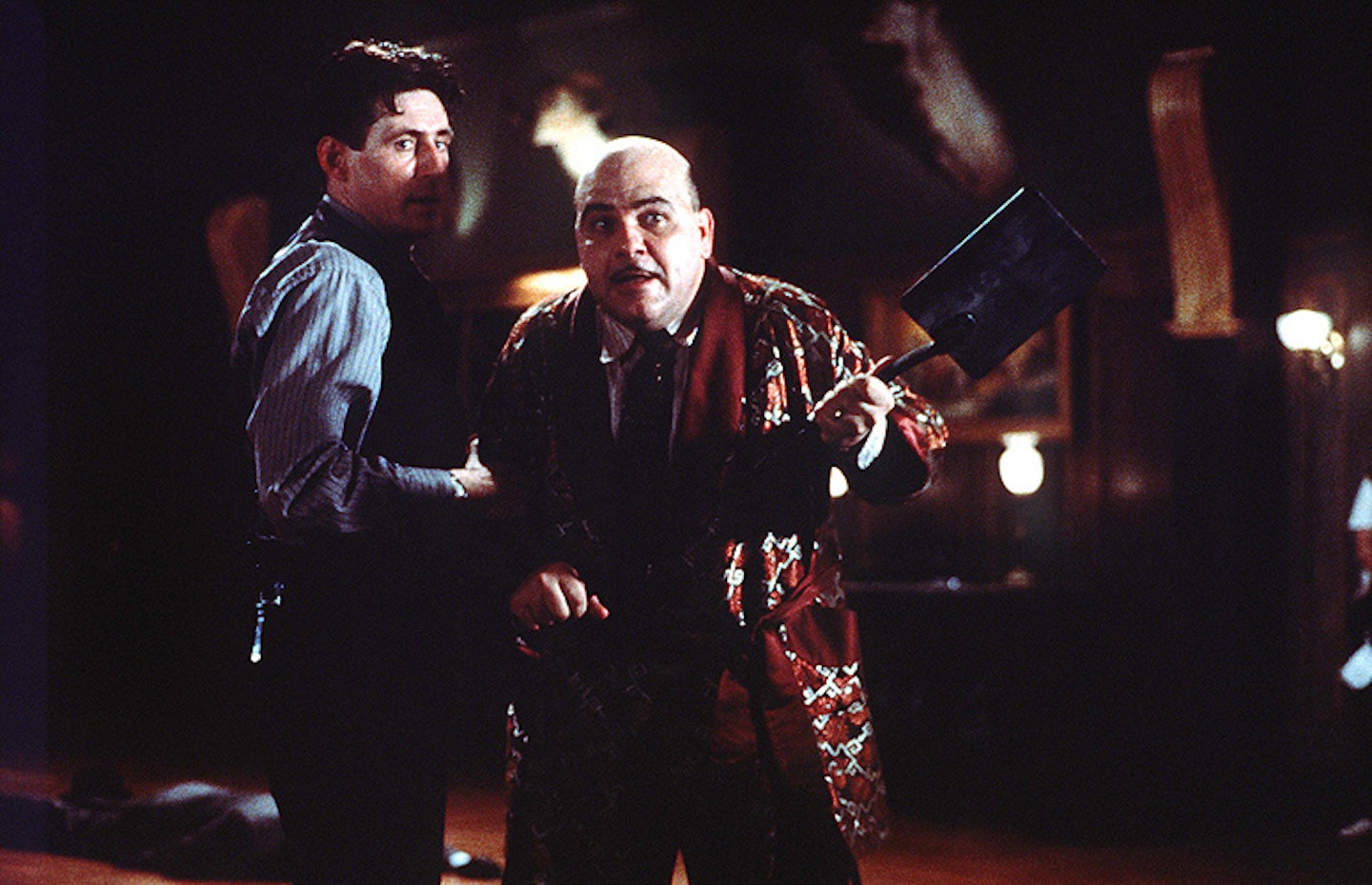
Film: Miller's Crossing (1990)
Played by: Jon Polito
The Rumpus: 'Reasonable businessman' or despicable - the choice is yours. He preaches a memorable gospel of reasonableness and good fatherhood (his plump sailor-suited dimbo of a son is glorious) but hides a brow-trembling temper. In fact, Polito gives one of the great Coen performances, purring with the brother's brilliant cod-gangster lingo.
Coenism: His high-minded considerations lay the groundwork for the film's madcap philosophical debate: "You double-cross once - where's it all end? An interesting ethical question."
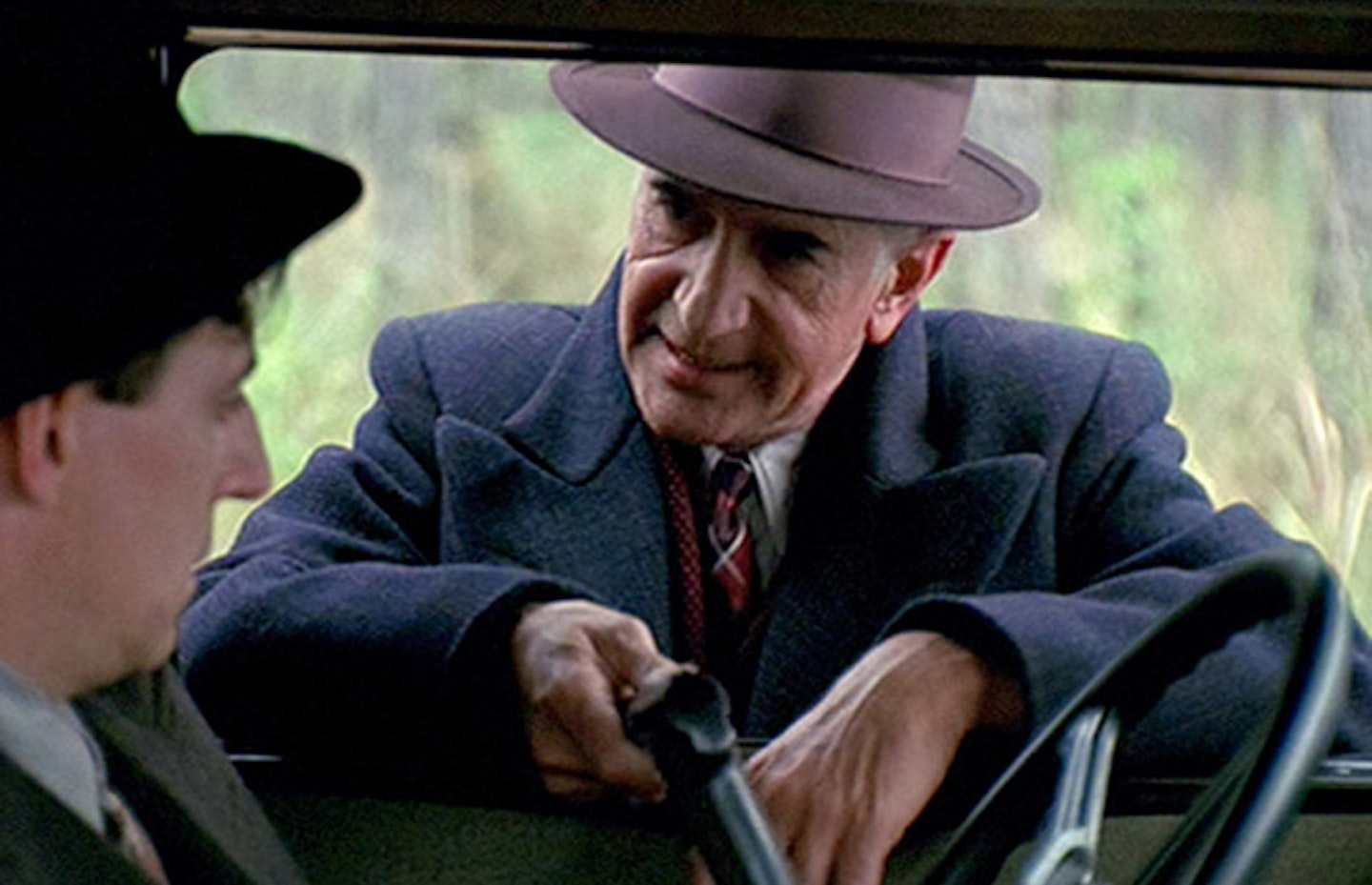
Film: Miller's Crossing (1990)
Played by: Al Mancini
The Rumpus: The more diminutive of Caspar's henchmen, but arguably most effective. When big, blubby Frankie (Mike Starr) gets clomped by supposed-to-be detainee Tom (Gabriel Byrne), it is Tic Tac, like a mastiff on red bull, who hurtles into the lock-up, spinning his hat into the distance, to take down the prisoner with aplomb. Even managing a last minute knock-out kick-in-the-jaw before the cops belatedly smash the door down.
Coenism: He gives arguably the most practical of all Coen adages - when killing a prisoner, "You gotta remember to put one in his BRAIN. Your first shot puts him down, then you put one in his BRAIN. Then he's dead. Then we go home."
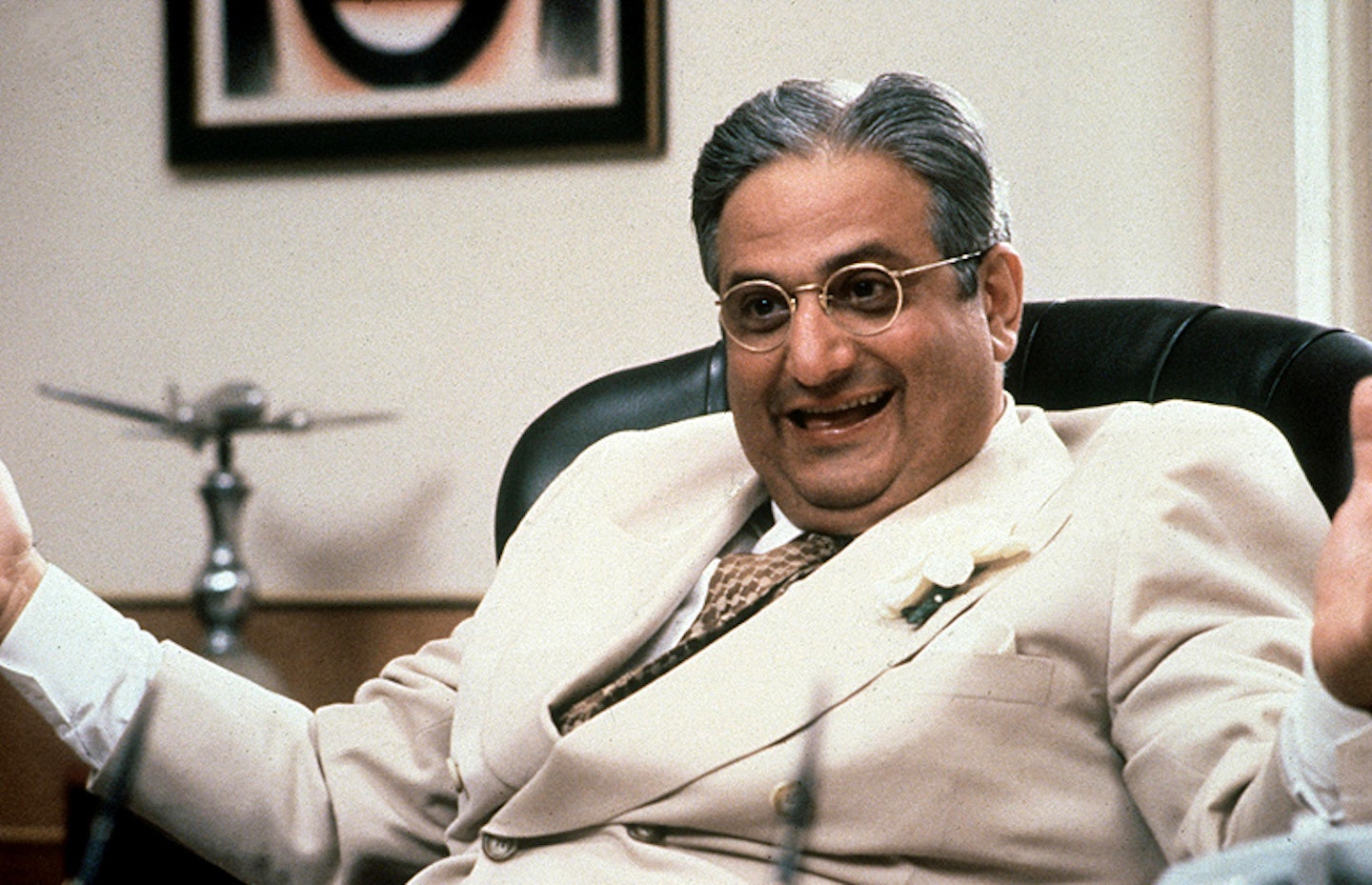
Film: Barton Fink (1991)
Played by: Michael Lerner
The Rumpus: Lerner all but steals the film (although, the Coens never truly allow a smaller character to overwhelm the main action) as a joyously conceived parody of the Hollywood moguls of yore - running on diesel-powered self-belief, however nonsensical. Deep down - hell, on the surface - he's a big kid, and chronically bi-polar. Another of their great Jewish grotesques, you get the sense he's not far from the truth, then or now.
Coenism: Lipnick on what makes Hollywood tick: "We're only interested in one thing, Bart. Can you tell a story? Can you make us laugh? Can you make us cry? Can you make us want to break out in joyous song? Is that more than one thing? Okay!"

Film: Barton Fink (1991)
Played by: John Mahoney
The Rumpus: Supposedly, although the directors were never admitting so, he is based on William Faulkner, the archetype genius author sequestered into the studio system where he slowly drunk himself to death. Mahoney is a wonder, all deranged pomp despite regularly stomach-ravaged puking, and prone to squalling fits like a big baby. Artistic types tend to feel the sharp edge of the Coen pen.
Coenism: On his writing process: "Me I just enjoy making things up. Yessah escape. Its when I can't write I can't escape myself, I want to rip my head off and run screaming down the street with my balls in a fruit pickers pail."
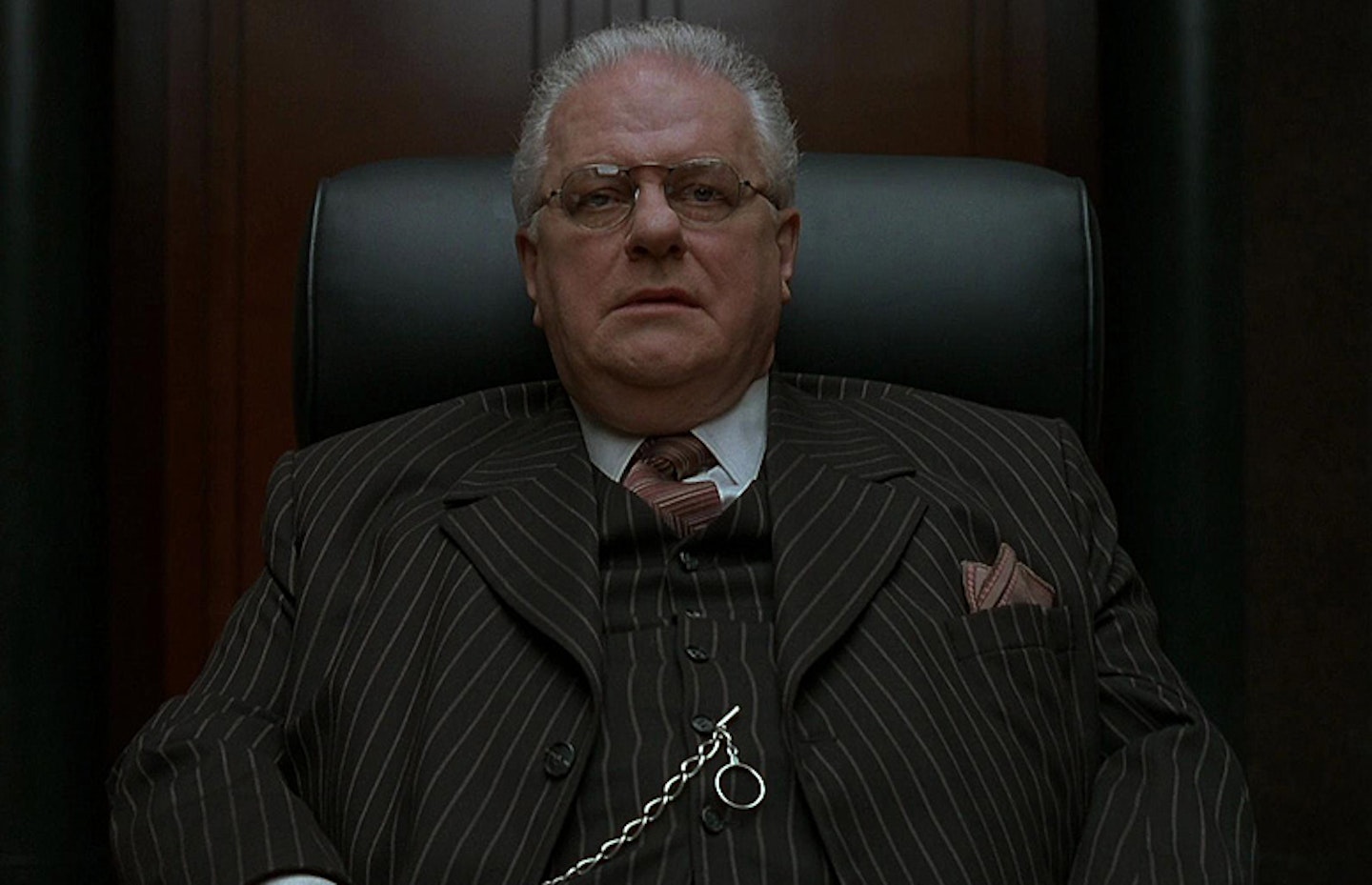
Film: The Hudscuker Proxy (1994)
Played by: Charles Durning
The Rumpus: Former voluminous head of Hudsucker Industries (oh, the Coens' love of the verbose fatty) whose plunge in unforeseen suicide to the pavement 44 floors (45 including the mezzanine) below sets the plot in tick-tock motion. Not that he's done, he returns as a fat, short-tempered angel strumming a ukulele. And Durning, who works further magic in O Brother, gives it a tickle of testy wisdom.
Coenism: Less a line than a swansong, or swan-dive, checking his fob watch, running down the boardroom table and out the window, leaving behind the last puffs of a Montecristo.
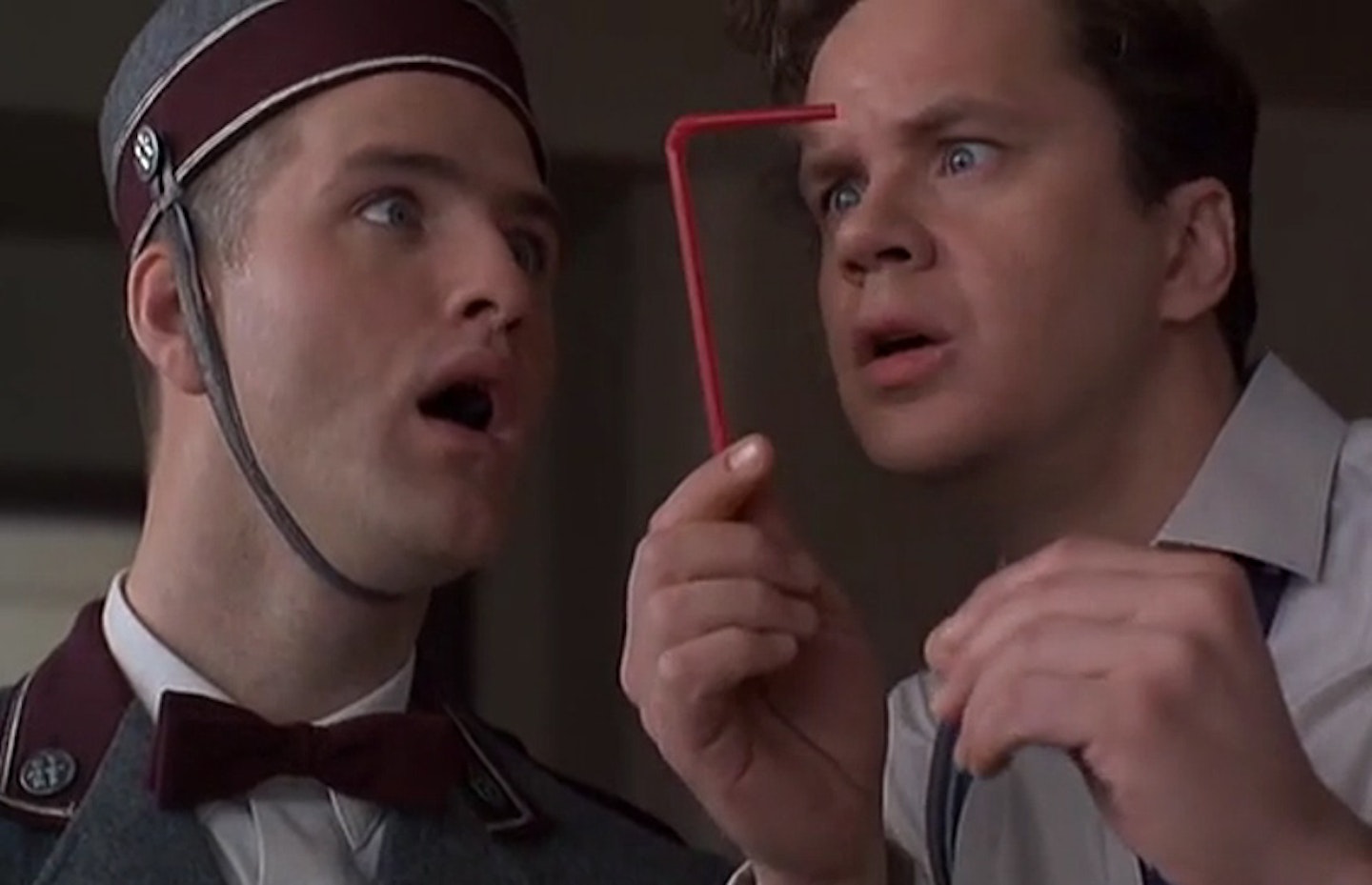
Film: The Hudsucker Proxy (1994)
Played by: Jim True-Frost
The Rumpus: A liftboy, although the polar opposite of the Earle (from Barton Fink)'s zombie elevator-to-hell attendant, built in that fine Coen motor-mouthed tradition; strange how so recalcitrant a pair of filmmakers they do love a chatterbox. Buzz is all beaming, low-IQ'd goodwill, and he's well-placed to spot all the ups and downs in the Hudsucker tower. He also has a good idea of his own. It's a dingle that, like, bends and everything.
Coenism: Check out a fine line of bad taste Hudscuker gags: "Say, buddy, who's the most liquid businessman on the street? Waring Hudsucker!"
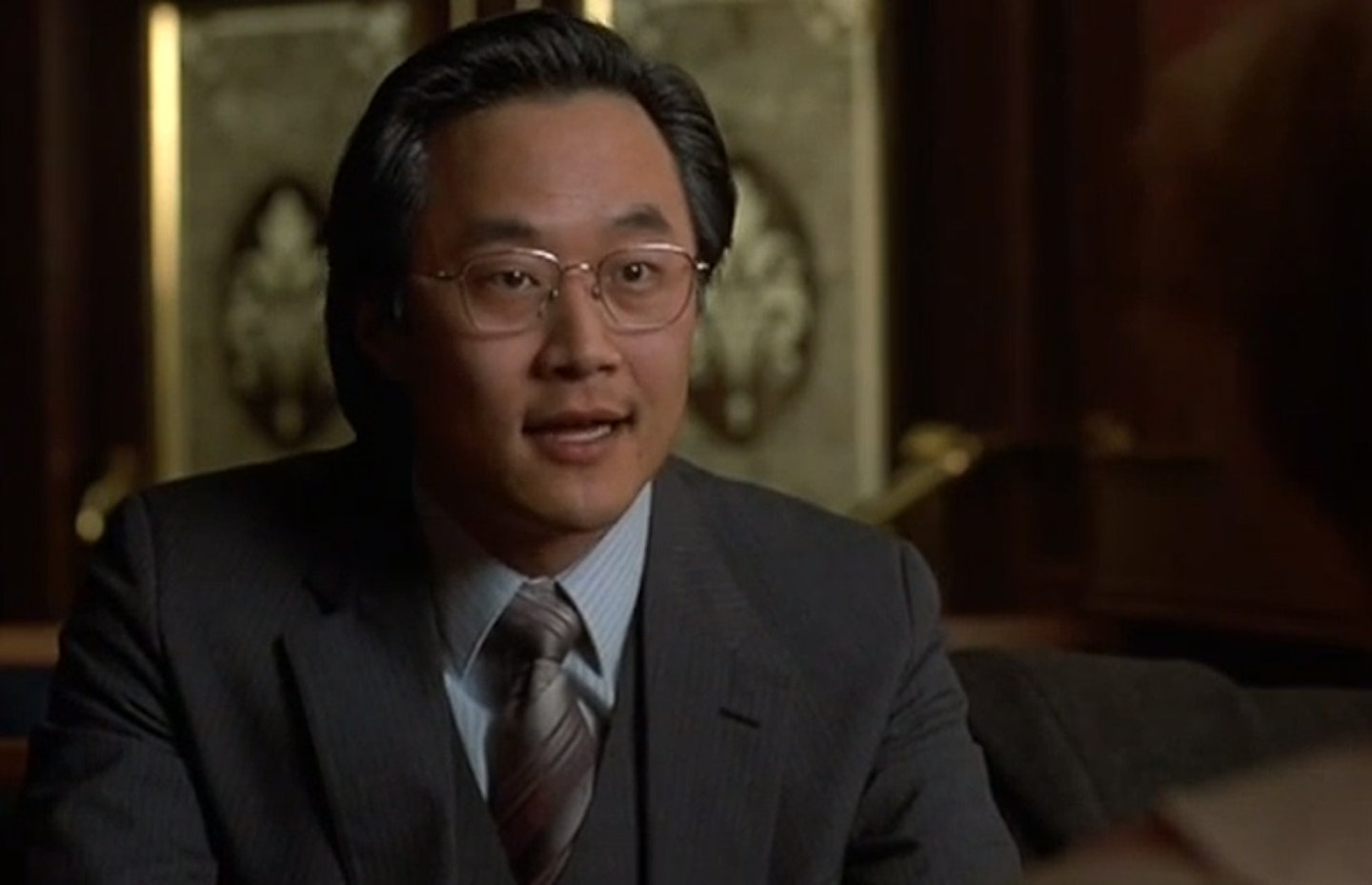
Film: Fargo (1996)
Played by: Steve Park
The Rumpus: Utterly irrelevant to the weave of the plot, yet somehow integral to Fargo's oddly touching personality, Mike Yanganita is Marge Gunderson (Frances McDormand)'s old school chum who calls for a meet-up in the midst of this crackpot murder/kidnap case. Even his big cheesy grin can't conceal the sad-hat misery blubbling away beneath, and when he gets that bit over-cosy it takes all Marge's well-honed tact to put him back in line.
Coenism: It adds nothing to the film, but the line is immortal: "So, uh, you married old Norm son-of-a-Gunderson?" he enquires of Marge's husband.
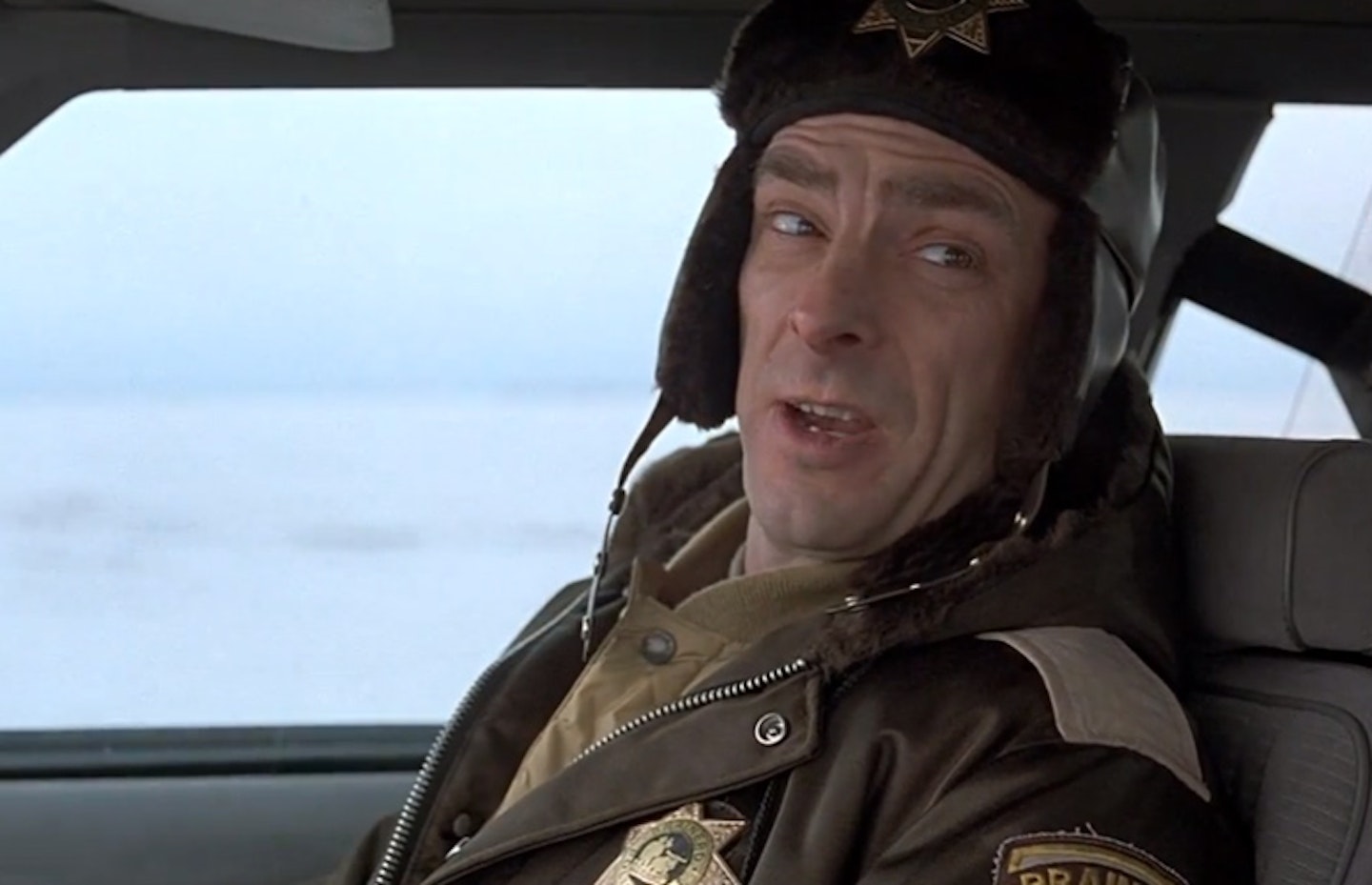
Film: Fargo (1996)
Played by: Bruce Lohene
The Rumpus: Not exactly Doctor Watson to Marge Gunderson's Sherlock Holmes, but heading in that direction. Slowly. Lou is the affable sidekick to local police chief Marge, whose diction is as lovably snail paced as his acumen (he's the counterpoise to all the neurotic jabbermouths elsewhere in the flick). Still, he has got Marge on side.
Coenism: Apart from his all-encompassing "Yarrr", he has an affectionate shorthand with the boss: "You alright there, Margie?" he enquires of his might-soon-barf pregnant superior.
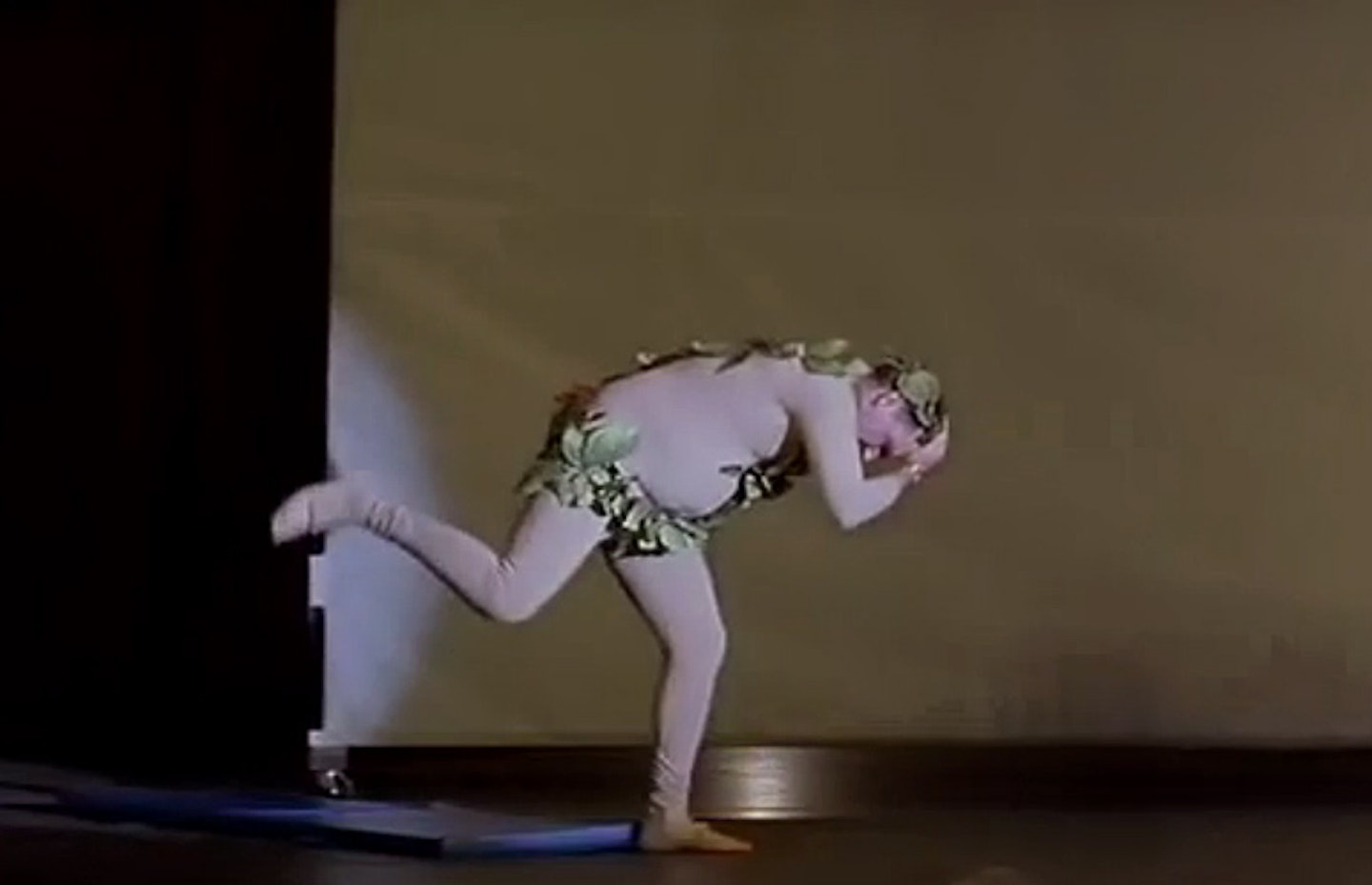
Film: The Big Lebowski (1998)
Played by: Jack Keller
The Rumpus: Amongst the blitzkrieg of wackos shot across the bows of this Chandler-for-stoners epic, it's easy to forget simple Marty. Wait. Scratch that. Who are we kidding? Marty is unforgettably bonkers, as the polite if a bit jumpy, landlord of the Dude (Jeff Bridges). The rent is due, like really due, but as long as The Dude will pop by Marty's latest recital, a little delay is fine. Marty, you see, has an interpretive dance cycle part of quintet (much of it in silhouette behind a bed sheet). And he needs notes.
Coenism: Off-stage he's a bit of a shrew in the Coen-verse. In fact, he's the only guy in the entire movie The Dude manages to boss about. Albeit in the hippie's own inimitable way. "Tomorrow's already the 10th," Marty implores softly at The Dude's oft-caved in front-door. "Far out," nods The Dude, unhelpfully. Sadly, we never hear the main man's notes.
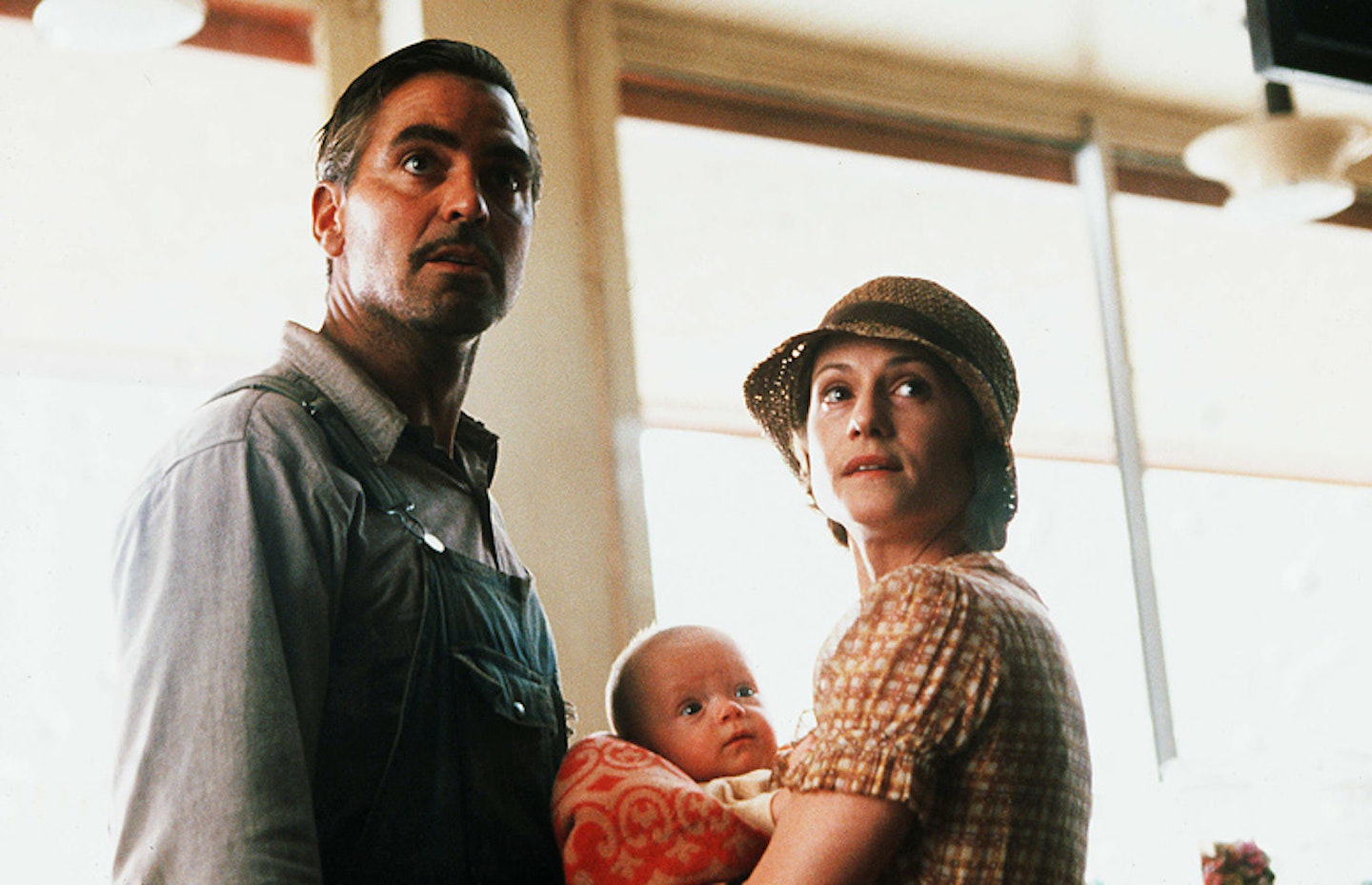
Film: O Brother, Where Art Thou? (2000)
Played by: Holly Hunter
The Rumpus: The somewhat indifferent wife to formerly-incarcerated but very much intent on renewing his marriage-vows Everett Ulysses McGill (George Clooney), recently engaged to man of much better standing Vernon D. Waldrip (Ray McKinnon). Setting distinctly lordly-standards for the men in her life, and for the suitable upbringing of a fleet of daughters, insists with steel-voiced certainty on them having be "bona fide". Hunter has a ball, jutting chin to the sky with imperious self-regard as she ignores all forms of entreaty from her slippery-tongued once-husband.
Coenism: Shamed by Everett's protracted dalliance in the jailhouse, Penny has informed the world, quite reasonably, that he is long dead, hit by a train: "Lots of respectable people have been hit by trains. Judge Hobbie over in Cookville was hit by a train. What was I gonna tell them, that you got sent to the penal farm and I divorced you from shame?"
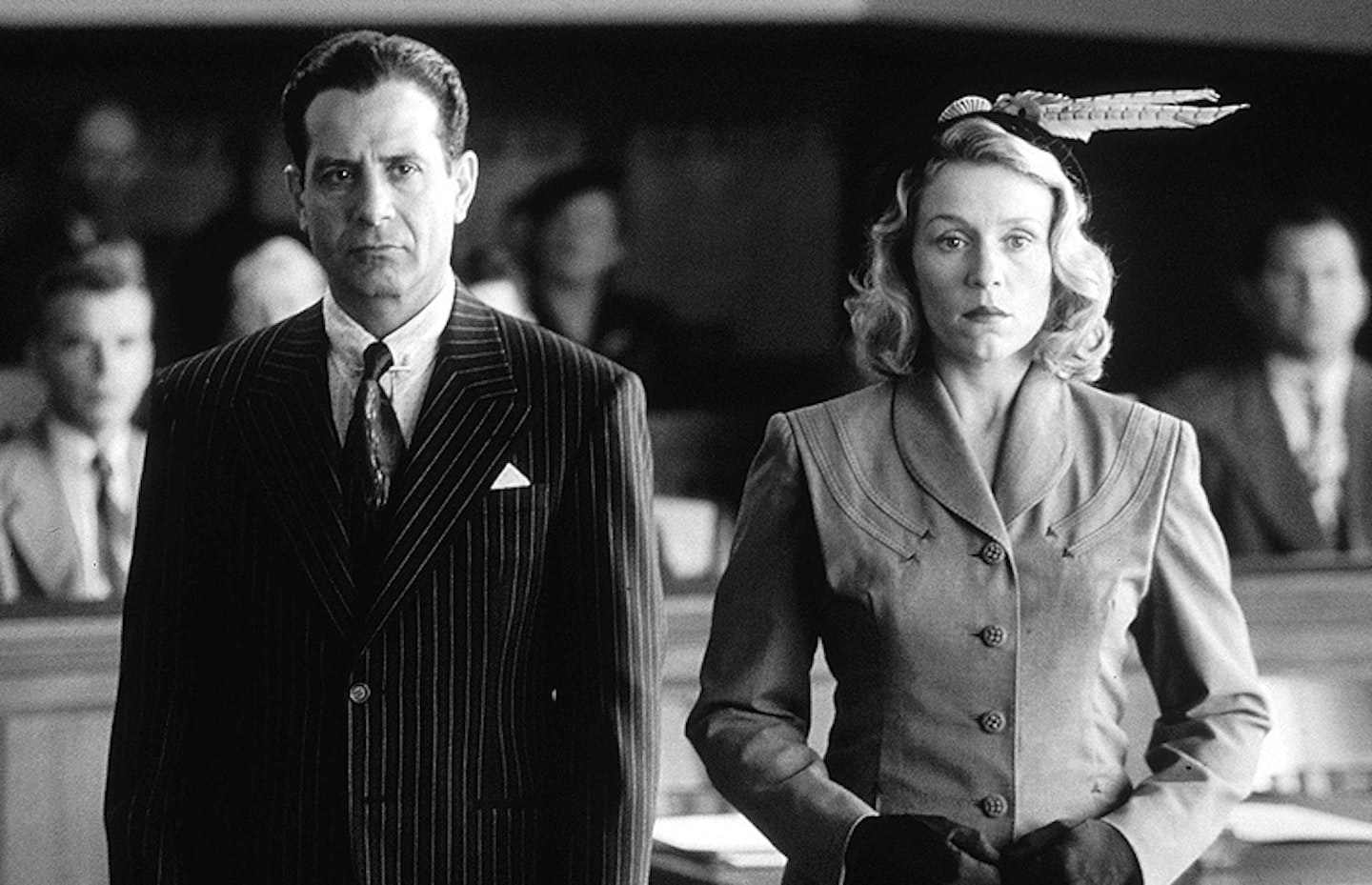
Film: The Man Who Wasn't There (2001)
Played by: Tony Shalhoub
The Rumpus: One of few jibber-jabberers in a film of loquacious thinkers, Shalloub's frenetic lawyer more than makes up for things. The tongue-twisting Riedenschneider (he talks like he sounds) is defending Frances McDormand's sorry Doris Crane from getting the chair for murder. But he's mighty hard to fathom, and partial to a fruit cocktail, as he fills in Billy Bob Thornton's all-but-silent Ed Crane on the viscitudes of a cruel universe. "The more you look," he jibber-jabbers, "the less you really know." Quite true of everything Coen.
Coenism: He actually provides the film's abiding theme of a thankless, unpredictable, quantum-befuddled universe: "They call it the Uncertainty Principle," he expounds. "Sure, it sounds screwy, but even Einstein says the guy's on to something."
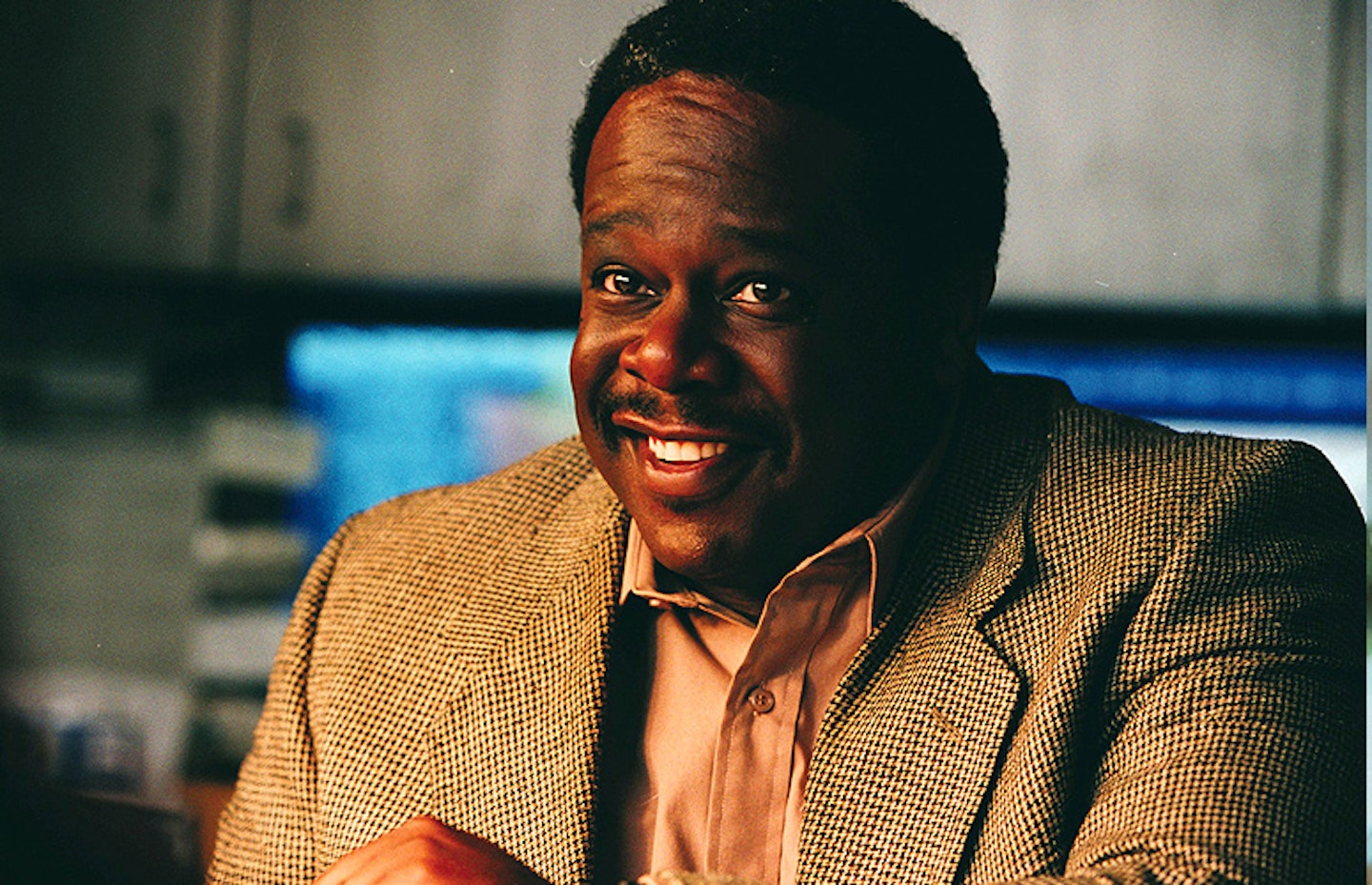
Film: Intolerable Cruelty (2003)
Played by: Cedric The Entertainer
The Rumpus: You want to catch your cheating spouse in flagrante delicto so-to-speak? You need Gus Petch, private investigator. The reason? Quite simple, as Cedric The Entertainer (doing more Coen nought-to-60 blabbering) puts it in the oft-repeated Petch refrain, he's an "ass nailer". "You want tact, call a tactician. You want an ass nailed, you come see Gus Petch."
Coenism: If you hadn't caught on, he's an ass nailer: "What are you talking about? 'Tell Tale Signs'? Look, I see a ass. I nail it. I don't sneak around sniffing the sheets. God damn it! I'm Gus Petch!"
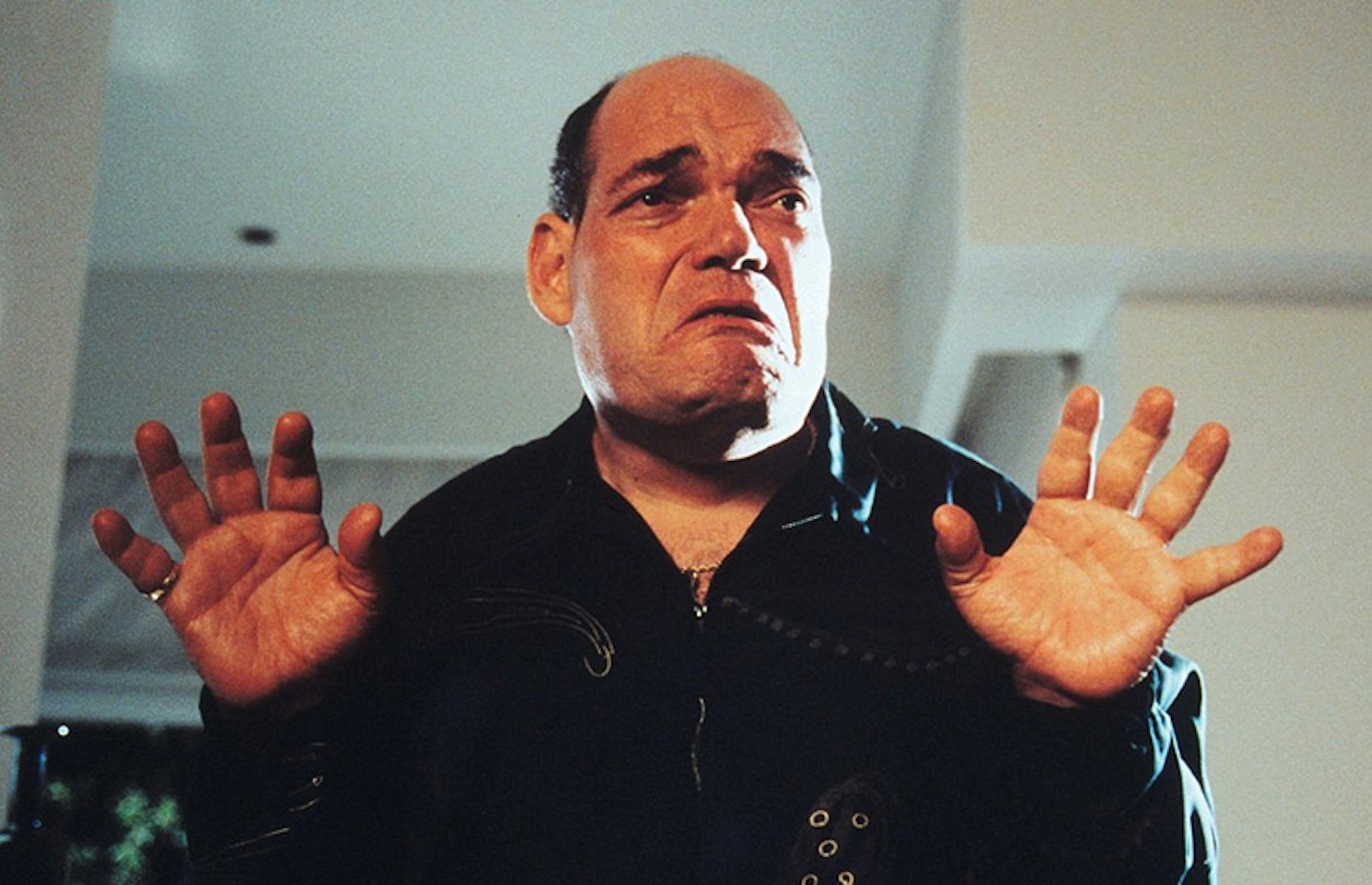
Film: Intolerable Cruelty (2003)
Played by: Irwin Keyes
The Rumpus: If the first half of this love-it/hate-it marital comedy is all about a non-stop flurry of gags, the second-half circles a single inspired sight gag. And for that you need Wheezy Joe, an asthmatic assassin. Because at some point, and it's coming, he's gonna get his revolver mixed up with his inhaler. Bang, no more wheezing for Wheezy Joe. And there's the bonus of a priceless look of incredulity on Clooney's face playing lawyer-husband-doofus Miles Massey as the villain takes a tumble.
Coenism: It does rather say it on the tin - Wheezy Joe don't talk, he wheezes. Which doesn't speak well for the uptake of Miles Massey confronted by the creaky ventilation of the sizable intruder, "Are you... Wheezy Joe?"
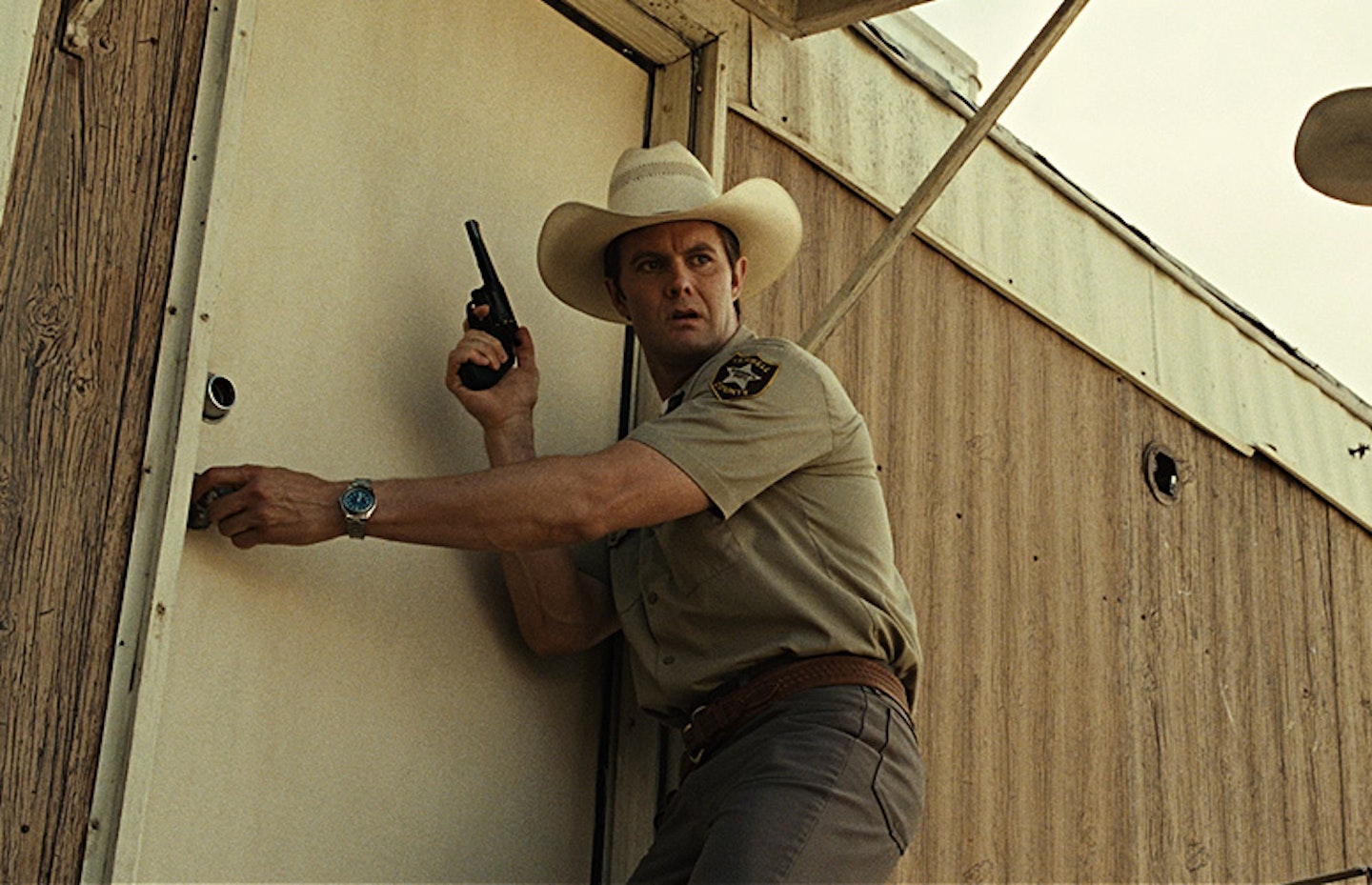
Film: No Country For Old Men (2007)
Played by: Garret Dillahunt
The Rumpus: Perhaps a distant relation of Officer Lou from Fargo, Deputy Wendell (played by forever-cast-as oddball hicks Garret Dillahunt) is a slow-on-the-uptake number two to Tommy Lee Jones wise old cowboy Sheriff Ed Tom Bell. His job, and he's pretty damn good at, is to try his luck with the obvious knowing full-well his boss is miles ahead down the investigative path. He may not have the answers, but he often gets the question right. "It's a mess, ain't it, sheriff?" he asks, examining a scene of bodies, blood, drugs, and abandoned pick-ups somewhere near the middle of nowhere. "If it ain't, it'll do till the mess gets here," replies Bell with a weary shake of the head.
Coenism: As well as an eye for the obvious, he has a heart for the victim: "Aw, hells bells. They even shot the dog!"
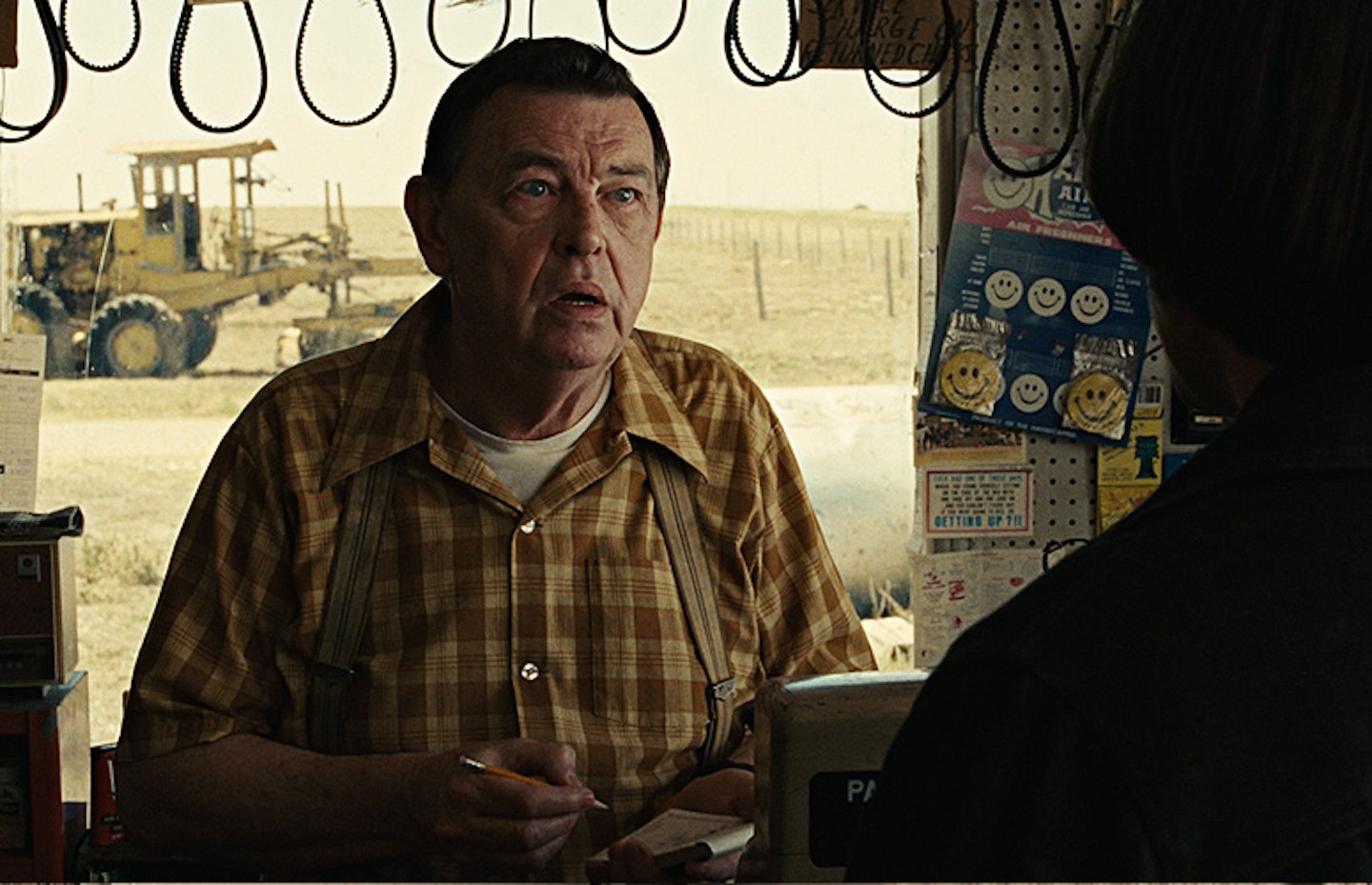
Film: No Country For Old Men (2007)
Played by: Gene Jones
The Rumpus: He may not get a name check, but he sure gets a scene. There he is, just running his gas station, when in strolls a psychopathic hitman with a penchant for testing the vagaries of chance (that 'uncertainty principle') and history's worst haircut. So rather than passing the time of day with his customer, he's required to "Call it, friendo" and predict the toss of a coin. Jones does decency shifting to fear with unshowy skill. It's the sight of a man, beginning to grasp that for no good reason his life is suddenly at stake. As Anton Chigurh (Javier Bardem) flips his coin, the whole audience are held painfully rapt in the outcome.
Coenism: It may not be a whizz-bang slice of dialogue, but the effect is chilling: "Look, I need to know what I stand to win," frets the gentle proprietor. "Everything," replies Chigurh. It's losing that's the real issue.
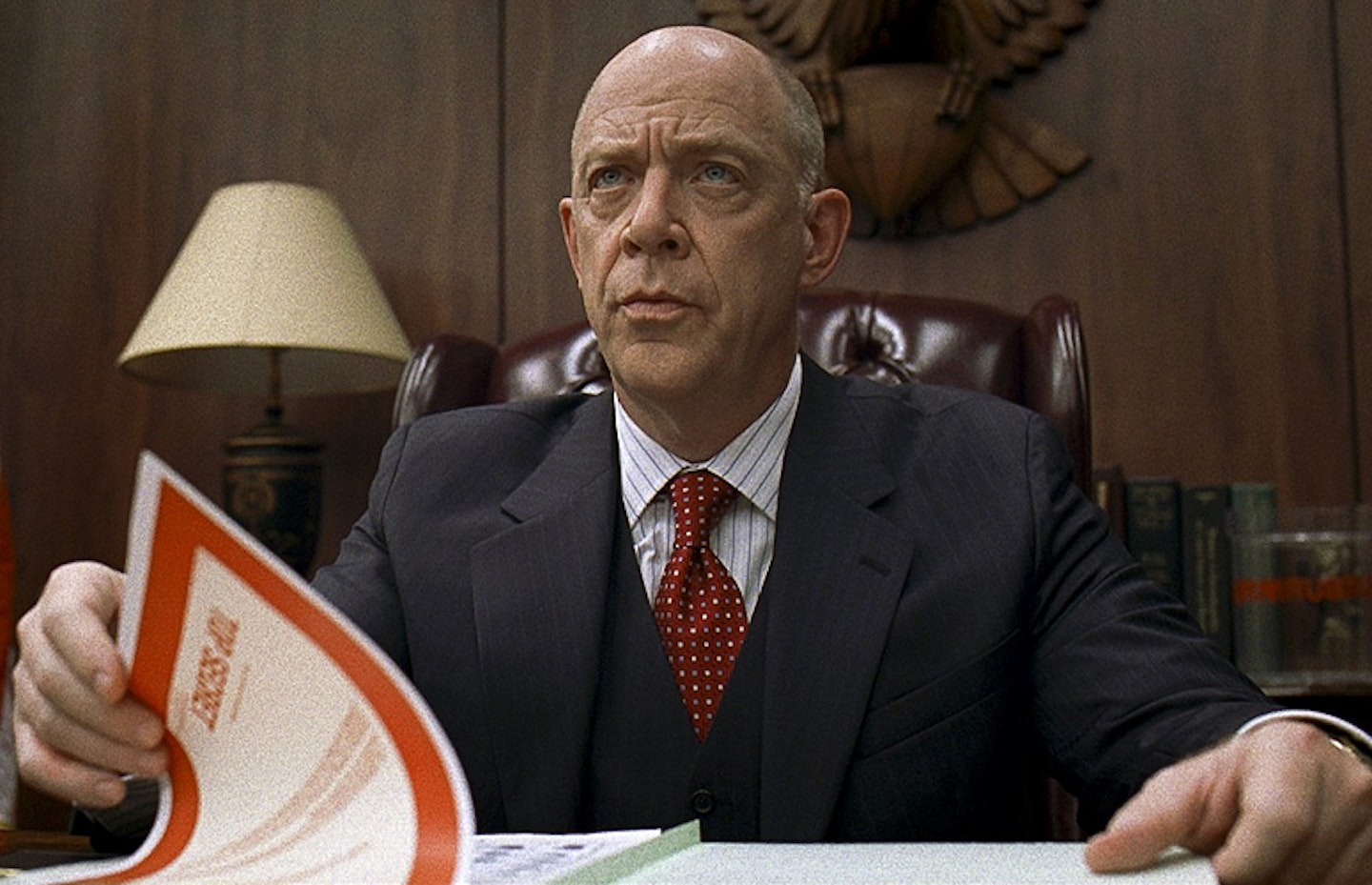
Film: Burn After Reading (2008)
Played by: J. K. Simmons
The Rumpus*: In a reverse of normal operating procedure (this being the Coen-verse) it is the man (and woman)-on-the-street who are doing to the plotting, scheming and muddling up, while the CIA suits are the befuddled ones playing catch-up. No one sums up this about-face than J. K. Simmons unnamed, desk-bound CIA main man, growing increasingly bewildered with the increasing derangement of events. "What did we learn, Palmer?" he asks of his second-in-command. "I don't know sir," he replies honestly. "I don't fuckin' know either," comes back Simmons' perplexed spymaster. "I guess we learned not to do it again."
Coenism: It could be a credo for America's ignorant fiddling in the world: "I'm fucked if I know what we did," sighs Simmons' expert.
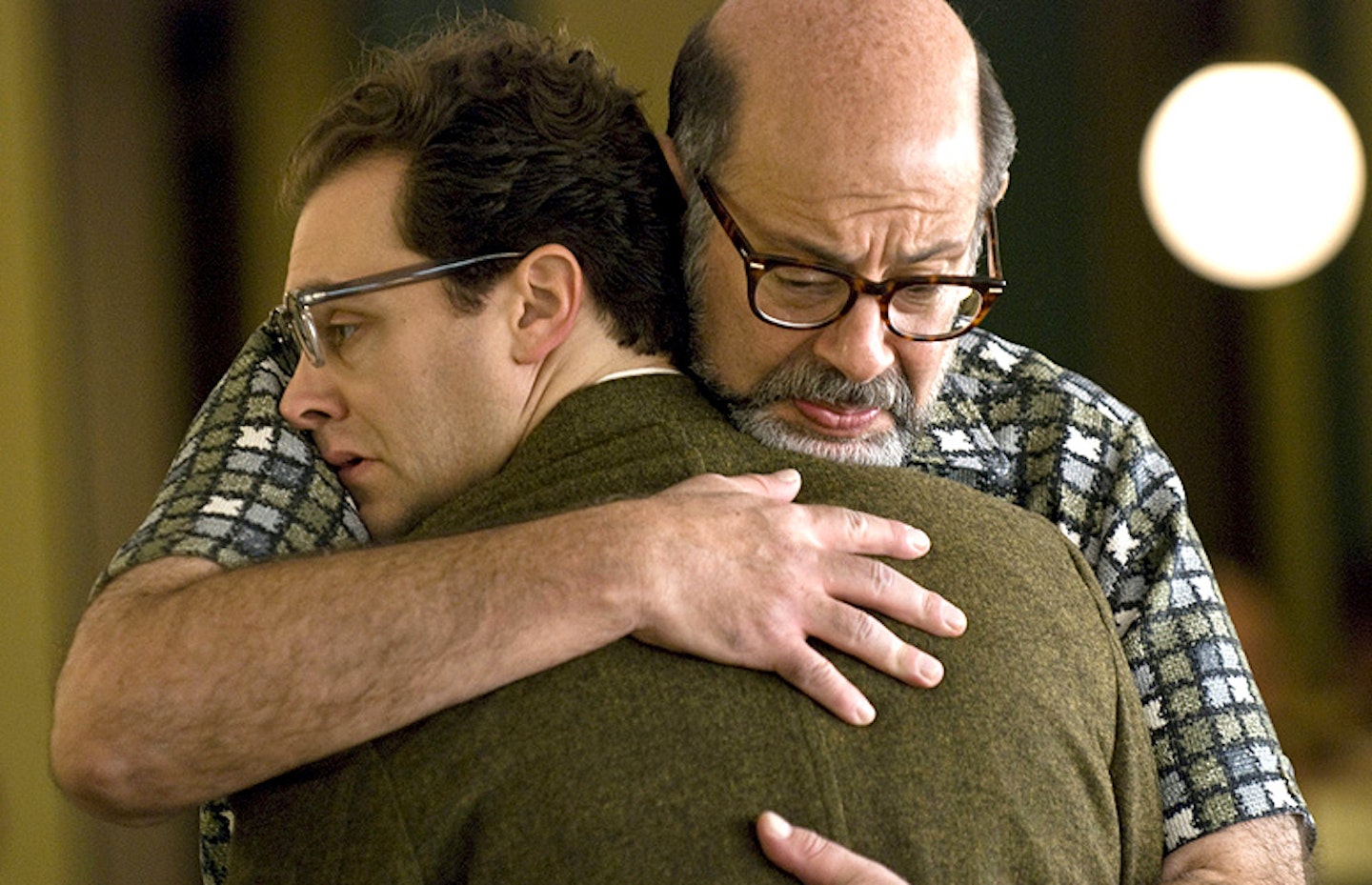
Film: A Serious Man (2009)
Played by: Fred Melamed
The Rumpus:
Another insufferable windbag, albeit set at glacial pace, Sy is goggle-eyed villain, wife-stealer, know-it-all, and sneaky dissembler of poor Larry Gopnik (Michael Schulberg) with a basso delivery so low bridges might be set aquiver in sympathetic vibration. Worst of all, he seems to be the one thing that Larry so desperately endeavours to be: "I am a serious man," he growls, scraping his vowels along tarmac.
Coenism: "I think the Jolly Roger is the appropriate course of action," he burbles in the lowest register, advising Larry, with unbearable reasonableness, to move out of his home and into the nearby cheapjack motel, while Sy moves in with his wife.
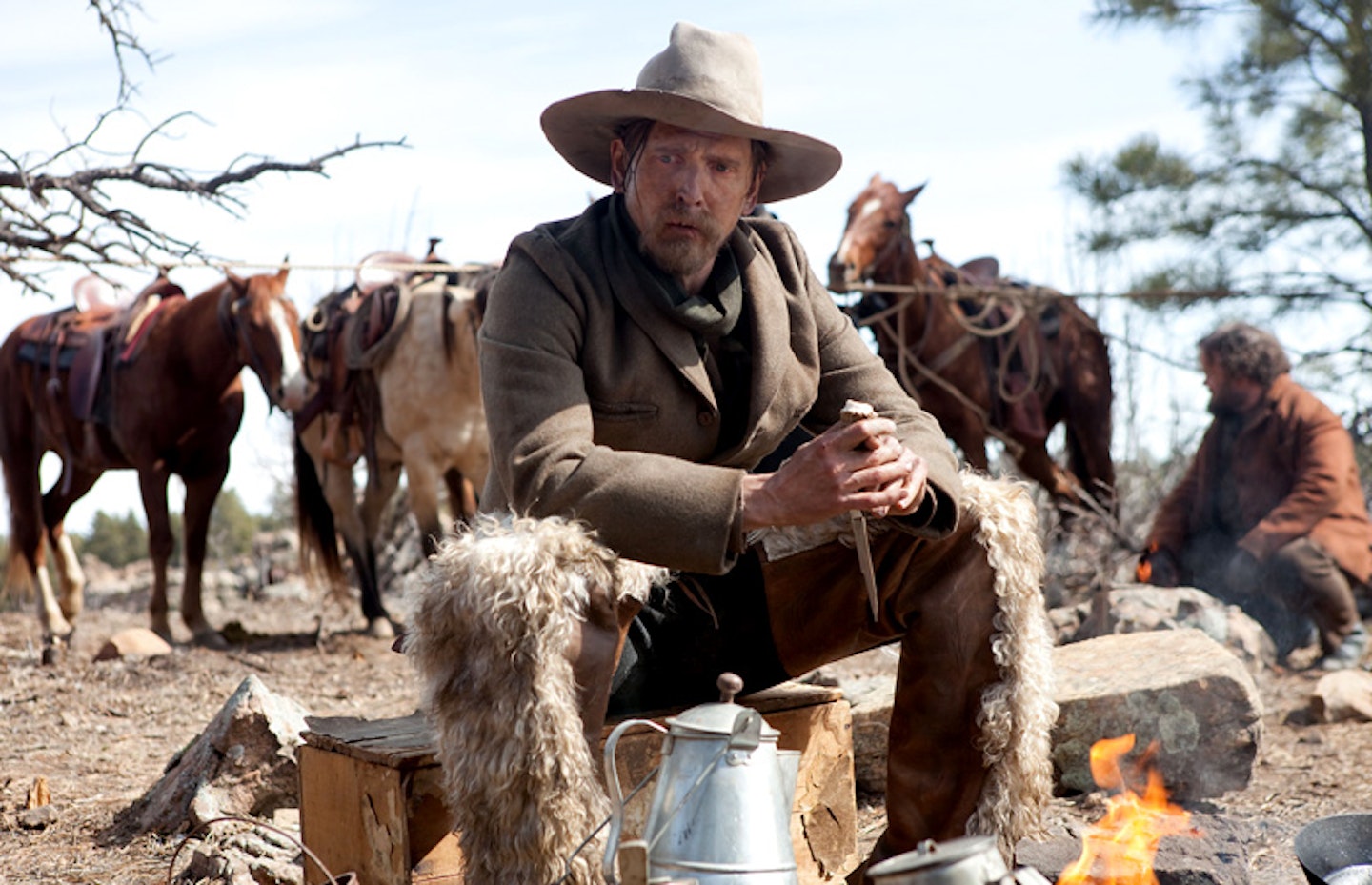
Film: True Grit (2011)
Played by: Barry Pepper
The Rumpus: Belying his nomenclature, ‘Lucky’ Ned through no direct sin of his own — although he is heading up a gang of outlaws — finds himself defending no-good cur Tom Chaney (Josh Brolin) from the vengeance-minded Mattie Ross and co.. Memorably pug-ugly, with ‘bacca browned, stinking teeth (a preoccupation of the film; earlier we meet a roving dentist in a bear skin), sheepskin chaps and an air of supremely bad living, he is Coen villainy writ gross and amusingly played by a real Pepper.
Coenism: The smarter-than-an-average cad Pepper has a crisp line in Coen-decanted, Charles Portis-fermented, authentic cowpoke dialogue: “What is your intention Rooster? You think one on four is a dogfall?”
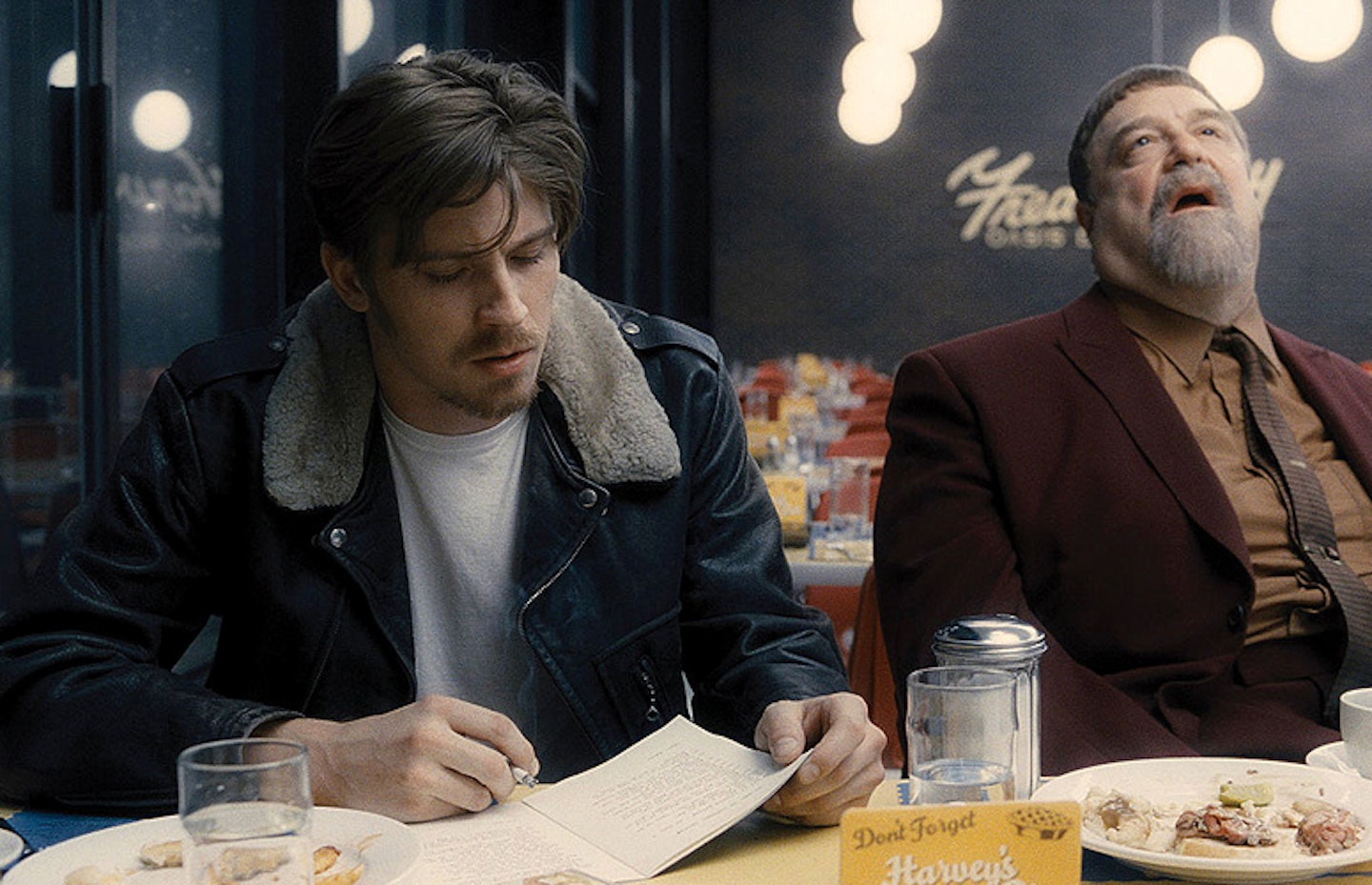
Film: Inside Llewyn Davis (2013)
Played by: Garret Hedlund
The Rumpus: For every wiseacre there is an equal and opposite silent partner; such is a law of the Coen universe. So when the agitato-tempered Llewyn Davis cadges a lift to Chicago, he is accompanied not only by John Goodman’s furioso-flavoured jazz snob but his driver, Johnny Five, who communicates, if at all, by detailed swirls of cigarette smoke and gravel-bed sotto voce mutterings like Ed Crane with the unforgettably depressed aura of a beat poet come flunked rocker.
Coenism: Looking for irony? Johnny Five is an inarticulate poet, another artist who can’t get his voice to work. Another lost soul adrift along the highway of the film’s creative purgatory.

Film: Inside Llewyn Davis (2013)
Played by: Ethan Phillips
The Rumpus: Endlessly patient Mitch Gorfein marks the breed of well-meaning New York academic who just about kept artists like folk-failure Llewyn from the gutter. He (with chirpy wife Lillian) cut a rare line in empathetic (if deluded) souls in the cold Coen purview. It has to be said, however, that the Gorfeins throw a mediocre dinner party.
Coenism: Of some kind of importance is the fact Llewyn gets saddled with the Gorfein’s prize ginger tom, which has made a bid for his own odyssey across Manhattan. Ahoy symbolism! Llewyn and the cat are the same soul. Or something.